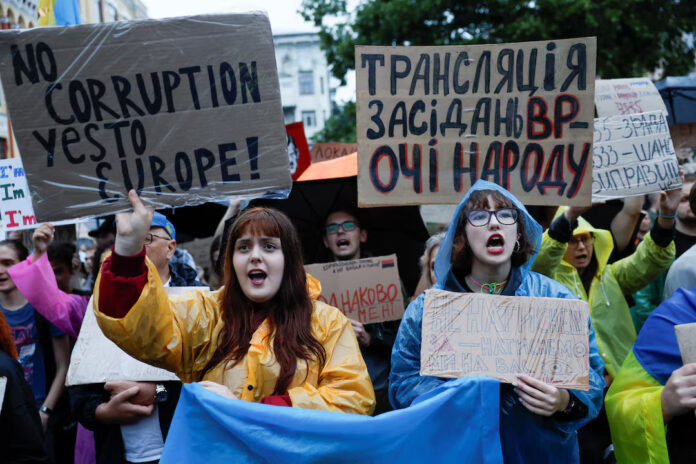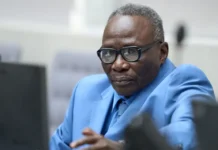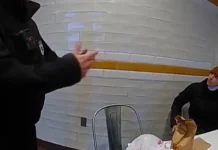
Ukraine’s parliament is set to vote Thursday on legislation to restore the independence of the country’s two main anti-corruption agencies, following a wave of public protests and mounting pressure from European leaders.
The bill seeks to reverse controversial amendments passed last week, spearheaded by lawmakers from President Volodymyr Zelensky’s ruling party, that weakened the National Anti-Corruption Bureau of Ukraine (NABU) and the Specialised Anti-Corruption Prosecutor’s Office (SAPO). The changes, which gave the president’s hand-picked prosecutor the power to reassign cases and prosecutors, drew widespread criticism and triggered rare street demonstrations in wartime Ukraine.
Thousands of Ukrainians rallied in Kyiv and other cities over the past week, demanding the restoration of anti-graft powers and accusing the government of trying to shield political allies from prosecution. On Wednesday night, hundreds gathered outside the presidential administration, chanting “Shame!” and “The people are the power!”
“I really want parliament to vote [for the new bill] just as quickly as it did last time,” said protester Kateryna Kononenko, 36, referring to the rapid passage of last week’s amendments. Activists have also called for fresh demonstrations near the parliament ahead of the vote.
The public backlash prompted President Zelensky to reverse course and submit a new bill restoring the agencies’ autonomy. European Union officials had warned that weakening Ukraine’s anti-corruption institutions risked derailing its bid for EU membership—one of the nation’s key post-war goals.
The controversy has drawn comparisons to the 2014 Maidan uprising, when protests over corruption and authoritarianism led to the ouster of Ukraine’s then-president. A recent Gradus Research poll found that over two-thirds of Ukrainians support the latest protests.
Since Russia’s full-scale invasion in February 2022, NABU and SAPO have been at the forefront of Ukraine’s fight against corruption, bringing charges against lawmakers and top officials, including a deputy prime minister accused of accepting a $345,000 bribe last month.
NABU director Semen Kryvonos told Reuters he expected continued resistance to anti-graft efforts but said the recent protests reinforced the agencies’ sense of duty. “This responsibility must be shared with the government,” he said. “It needs to react and say, ‘Okay, there’s corruption here—let’s destroy it.’”
The outcome of Thursday’s vote will be closely watched both at home and abroad as a test of Ukraine’s commitment to transparency and reform amid the ongoing war.
Written By Rodney Mbua


















